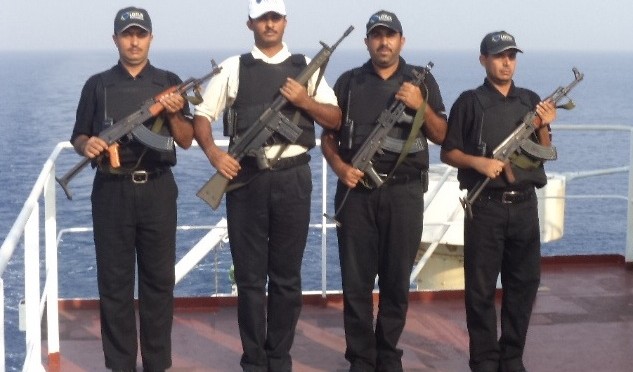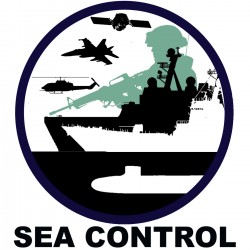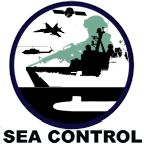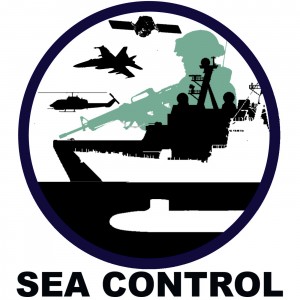Disclosure: I have been following the evolution and progress of Robert Young Pelton‘s work on Sudan for several months. I am quite pleased with what came of this trip for Robert and his filmmaker / photographer cohort, Tim Freccia. Enjoy!
“Violence and bloodshed can never have morally good results” – The Tragedy of Julius Caesar, William Shakespeare
Saving South Sudan is an ambitious, multimedia event from World’s Most Dangerous Places, author Robert Young Pelton and master photographer/filmmaker Tim Freccia. VICE went big on Pelton’s quixotic journey with Nuer Lost Boy Machot Lap Thiep to “fix” South Sudan. The three enter the world’s newest nation, at a time of extreme crisis and bloodshed, creating a grand yarn with bold characters and high adventure set against sweeping, brutal savagery.
The story of South Sudan as viewed through a Western lens is unbelievably complex, but Pelton gives us an African perspective where the current crisis is demystified by those closest to it. South Sudan has plunged into another round of playground rivalry where the contested sandbox is the world’s newest country and the opponent’s bloody noses, busted lips and black eyes are dwarfed by the physical and emotional damage inflicted on its spectators.
Saving South Sudan gives us an intelligent summary of the history, religion, cultural anthropological aspects, militarism, oil economy and “baksheesh-ocracy” that makes South Sudan tick. Serious students of the subject are encouraged to consider all of these facets while reading / viewing this oeuvre: No actions are promoted, no outcomes are predicted- and this is how it should be. This is Africa.
Pelton’s 130 page print piece and 40 min documentary grants the viewer unparalleled access into an Africa where there are no orange sunsets framed by acacia trees. A place where war is irregular, ferocious and unpredictable. In THIS Africa even the “rebel leader” bristles at being identified as such. In an earnest conversation, ousted Vice President Dr Riek Machar relays his desire isn’t to incite violence but to have a seat at the table in order to discuss options and opportunities to end the conflict. Pelton takes the filter off: behind the rhetoric, the violence continues in real time and we know that securing a seat at the table and successful negotiations (see recent media reports) bear little impact on the battle for oil on the ground. If fighting has indeed ceased, most roving bands have yet to receive the memo.
I can’t exit this review without mentioning the main reason to take the time to get briefed on the region through Pelton’s Saving South Sudan. The human touch interviews with the rulers, rebels and raconteurs would be reason enough. So would Freccia’s breathtaking portraits of the people, landscape and conflict. But taking you along this expedition is Machot- an affable, handsome (still) young man and former lost boy. His story is one of sorrow, success, and optimism. His is perhaps the best lens of them all.
—————————————————-
Finding the print issue of the magazine can be a challenge but distribution sites are posted at the VICE website. The entire article can be found at: http://www.vice.com/read/theyre-all-coming-here-0000283-v21n4
The “Saving South Sudan” world premiere documentary can be found on-demand here: http://www.vice.com/en_us
Stephanie Chenault is the COO of Venio Inc, a service-disabled, veteran-owned small business which focus on plans, policy, architectures and problem-solving across the Department of Defense for multiple clients.






 James Bridger interviews adventurer extraordinaire, Rob Young Pelton, about his
James Bridger interviews adventurer extraordinaire, Rob Young Pelton, about his